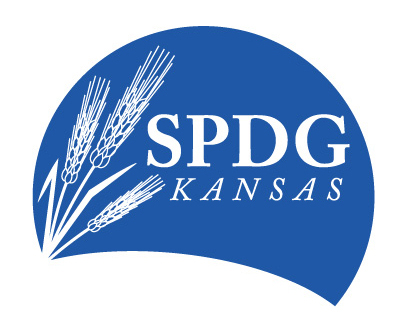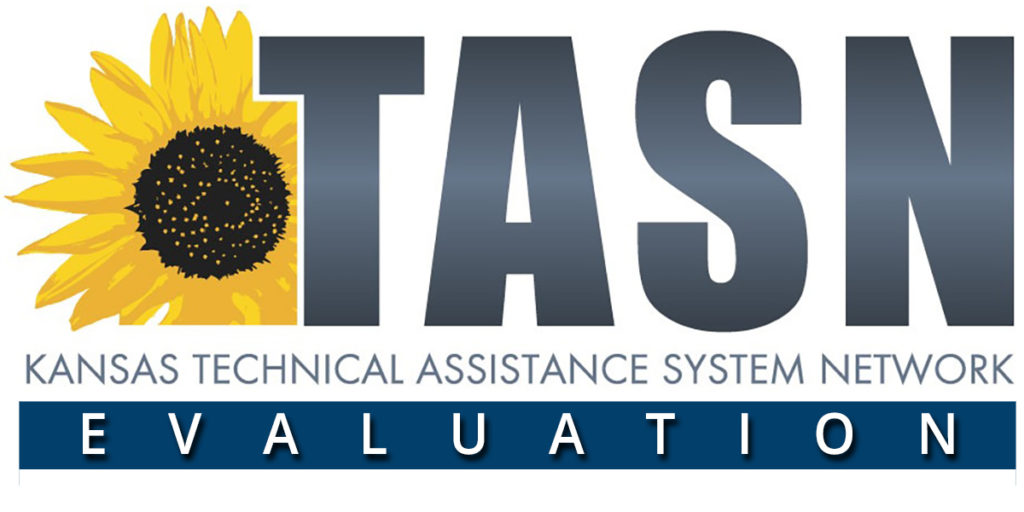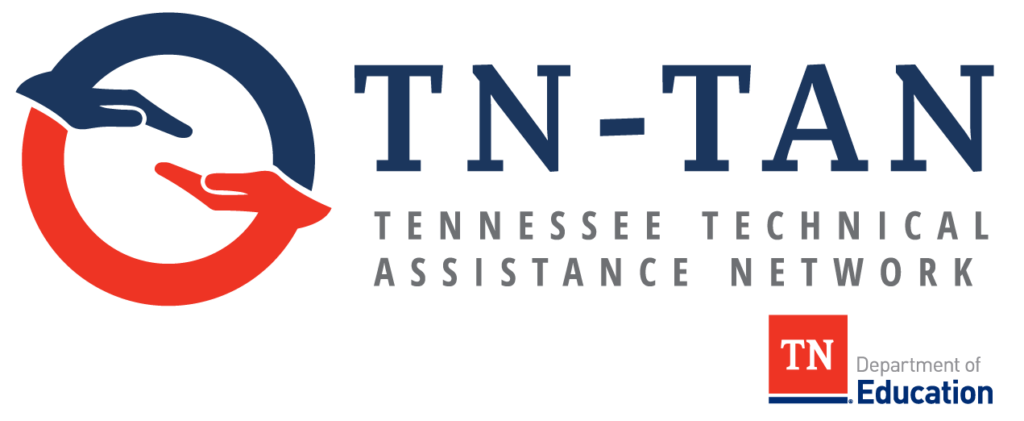
College & Career Competencies Project
We partner with the Arizona Department of Education Exceptional Student Services (ADE/ESS) to offer the CCC Project (College & Career Competencies Project). This multiyear project supports public education agencies to help students with and without disabilities develop the intrapersonal and interpersonal competencies they need to become career-equipped, lifelong learners who are socially and emotionally engaged.
The CCC Project provides schoolwide coaching and training for educators to systematically embed college and career competency development into core content (addressing standards and competencies simultaneously) with consistent, meaningful instructional activities and data-based decision making following MTSS processes. The project provides coaching, resources, and other supports to help schools build a sustainable culture of college and career readiness and, as such, can be easily integrated with other initiatives and priorities.
Through ongoing virtual trainings and supports, the CCC Project provides evidence-based instructional activities on self-regulation, self-efficacy, and assertiveness as well as coaching to identify, collect, and analyze relevant data; assess impact; and make adjustments to instruction as educators embed competency development in their general education curriculum. Participating schools have noted positive impacts of the program, including students’ and teachers’ increased awareness and understanding and students’ increased application of and proficiency in the competencies.
For more information on the CCC Project, please visit the ADE project website. Visit CCCFramework.org to learn more about the College and Career Competency Framework and access hundreds of free resources.

Kansas SPDG External Evaluation
The Kansas State Personnel Development Grant (SPDG)—led by the Kansas State Department of Education and funded by the U.S. Department of Education, Office of Special Education Programs—facilitates effective learning support for students with and without disabilities in academically demanding learning environments and ensures district personnel have the knowledge and skills needed to provide high-quality education for all students.
The 2017–2022 Kansas SPDG addressed a critical Kansas priority area for schools by establishing a new, coordinated, tiered system of trauma-informed school mental health practices focused on developing the resilience of Kansas children and youth with disabilities and their peers. Through the SPDG, processes, protocols, and professional learning resources were developed, implemented, and refined in collaboration with an initial cohort of District–Community Leadership Teams (DCLTs). As outlined in the School Mental Health Professional Development and Coaching System Evaluation Briefs, educators and community partners, including mental health professionals and early childhood providers, increased their knowledge, collaboration, and collective efficacy through the implementation of trauma-responsive support plans that have resulted in positive outcomes for students with disabilities and their peers.
The 2022–2027 Kansas SPDG capitalizes on the momentum derived through the 2017–2022 SPDG by scaling up the implementation of this framework to increase statewide impact. Educators, mental health professionals, infant/toddler specialists, and other community partners from across the state are increasing their skills through professional learning and curricular resources for promoting students’ resilience and engaging families. The overarching goal is to foster resilience and increase achievement for children and youth with and without disabilities by strengthening family partnerships and creating trauma-responsive school–community environments through the implementation of neuroscience practices and mental health interventions. In collaboration with DCLTs, school implementation teams, family liaisons, infant/toddler specialist, and state-level councils, the 2022–2027 SPDG focuses on the following objectives:
- Applying neuroscience practices that promote resilience: Educators, infant/toddler specialists, children and youth, families, and other caregivers build their personal capacity for neuroscience practices and then integrate these practices across environments.
- Developing and implementing trauma-responsive support plans: Cross-system teams, in conjunction with the student and family, personalize interventions matched to the needs of the child/youth and then monitor progress and adapt the supports across environments.
Our external evaluation of the Kansas SPDG centers on increasing the effectiveness, implementation, and sustainability of evidence-based practices that result in a positive, lasting impact on children/youth, families, and educators. Following a comprehensive logic model and utilization-focused evaluation framework, the evaluation promotes data-based decisions regarding the inputs, outputs, outcomes, and impacts of SPDG-supported technical assistance, training, and coaching. Evaluation data monitor the degree to which project resources are utilized and evidence-based practices are scaled up across the state. Child and youth impacts are measured across time and include (a) increased self-regulation and engagement; (b) improved student voice and teacher–student relationships; (c) decreased bullying, anxiety, and depression; (d) improved attendance and academic achievement; and (e), for students participating in mental health interventions, their improvement on personalized mental health objectives will be analyzed across time.

Social-Emotional Learning for All
The goal of the Social-Emotional Learning for All project is to provide high-quality virtual and face-to-face professional development to build the capacity of Missouri educators to embed social-emotional competencies into core content, ultimately building a sustainable culture.
Through the implementation of Social-Emotional Learning for All, schools support students’ intrapersonal and interpersonal competencies through data-based decision making, multi-tiered instruction and interventions, and collaboration. The project provides a common vocabulary that unifies the efforts of school personnel, families, community members, and students to work together to improve outcomes for all students. Outcomes of the project include increased intra- and interpersonal student competencies, improved academic and behavioral achievement, increased graduation rates, and improved post-school outcomes of students with and without disabilities.
Led by Drs. Noonan, Gaumer Erickson, and Heger, this project is a collaboration between Research Collaboration and the Missouri Department of Elementary and Secondary Education.
Visit CCCFramework.org to learn more about the College and Career Competency Framework and access hundreds of free resources.

Kansas TASN Evaluation
The Kansas State Department of Education Technical Assistance System Network (TASN) is a network of 15 professional development entities that support the implementation of evidence-based educational practices. The wide array of initiatives includes the Kansas Multi-Tier System of Supports and Alignment, Autism and Tertiary Behavior Supports, e-Mentoring for Student Success, Kansas Co-Teaching, and Educate Kansas projects. Learn more about the impact of TASN and each initiative through our annual Evaluation Briefs.
As the external evaluators for TASN, we assist the entire TASN system in designing and implementing an evaluation system that focuses on measuring the effectiveness, implementation, and sustainability of efforts. This ensures that the supports and services accessed by educators via TASN are effective and have a positive impact on staff behavior and student outcomes. Implementation outcomes and fidelity of implementation are measured at all levels (state, project, district, school, and individual educator) to create self-correcting feedback loops used for continual improvement. Through the TASN Evaluation, we also support the Kansas State Department of Education to evaluate their technical assistance processes and the State Systemic Improvement Plan.
Learn more about TASN Evaluation at KSDETASN.org/evaluation.

TN-TAN Evaluation
The TN-TAN Evaluation is a joint evaluation led by Drs. Amy Gaumer Erickson and Patricia Noonan at the University of Kansas and Jeremy Pope at the University of Kentucky Human Development Institute (UK-HDI). As the evaluators for the Tennessee Technical Assistance Network (TN-TAN), we conduct a comprehensive evaluation of the overall TN-TAN and each priority area. The evaluation employs a utilization-focused evaluation system that measures the effectiveness, implementation, and sustainability of efforts essential to increasing adult capacity, preventing educational inequity, establishing safe and supportive learning environments, and fostering student achievement. Furthermore, the project provides the Tennessee Department of Education (TDOE) with systems-level support to ensure that Tennessee State Board of Education strategic goals and Tennessee’s Best for All strategic plan are addressed through TN-TAN.
A utilization-focused evaluation approach contributes to the continuous improvement of TN-TAN professional development by creating data-informed, self-correcting feedback loops. To this end, the TN-TAN Evaluation is an ongoing, collaborative process that enhances the expertise of the TDOE and TN-TAN providers to build the capacity of teachers, administrators, and instructional coaches to collect, analyze, and take action from meaningful data, including root cause analyses, fidelity of implementation, and student outcomes. The overarching goal of the TN-TAN Evaluation is to assist the TDOE TN-TAN in designing and implementing an evaluation system that focuses on measuring the implementation, effectiveness, and sustainability of efforts to increase educator efficacy and improve student results.
